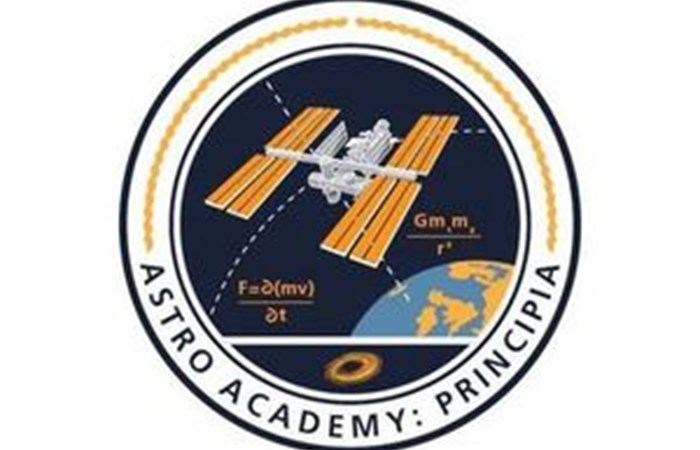UK Space Agency

A kit of experiments to teach fundamental physics and chemistry to UK students has arrived today (Friday 4th September) at the International Space Station (ISS) for British ESA astronaut Tim Peake to run during his 6-month mission in space.
Launched from Kazakhstan on Tuesday on board the Soyuz TMA 18-M mission, the kit was funded by the UK Space Agency and designed and built by the National Space Academy. Flight-testing for space launch was carried out by the University of Leicesters Space Research Centre.
Astro Academy: Principia is an ambitious science education programme that will use the unique microgravity facilities on board the ISS to teach fundamental aspects of physics and chemistry, using experiments and demonstrations that are impossible to conduct on Earth. After starting his mission in December 2015, Tim will operate the equipment in space, and the footage of his demonstrations and experiments will be included in a suite of teaching films and accompanying teacher education guides that will be released in 2016.Jeremy Curtis, Head of Education at the UK Space Agency, said:
Were excited that Tim will be able to carry out demonstrations in space to help teachers explain science to their students. His videos and other teaching materials developed by the National Space Academy will be available from summer next year.
The films will focus on specific topics from school physics and chemistry curricula and will include student experiments which can be conducted on Earth, along with the footage of Tims orbital experiments which show the differences that result from a microgravity environment. The narrative for each film will also showcase many of the successes of the UKs own space industry which employs over 30 000 people and generates more than 11 billion per year for the UK economy.
National Space Academy Director Anu Ojha OBE has led the development of the Astro Academy: Principia programme and payload:
Tim Peakes mission to the international Space Station has given us an amazing opportunity to develop Astro Academy: Principia - a series of ground based-classroom experiments , unique orbital demonstrations and the accompanying teaching films and written guides which will influence the core physics and chemistry understanding of thousands of students over the coming years . For the first time, the UK is now formally involved in new, inspirational areas of physical and life science studies linked to human spaceflight and having Tim as our dedicated educational researcher aboard the ISS has given us a tremendous opportunity for school science education.
Our ambitions for Astro-Academy:Principia are bold to deepen the curriculum understanding of physics and chemistry students, to support teachers in their curriculum programme delivery and to take advantage of the unique microgravity classroom we have aboard ESAs Columbus module of the International Space Station.
Our original flight payload was aboard the Space-Xs Falcon 9 rocket that was destroyed shortly after launch due to a catastrophic failure of its upper stage on 28th June. We are delighted that the UK Space Agency, working with ESA, managed to secure another flight opportunity for our back-up flight kit so soon after this major setback meaning that Tims mission is once again on course to deliver world-class physics and chemistry teaching demonstrations.
The University of Leicesters Space Research Centre (SRC) led the flight qualification testing of the Astro-Academy: Principia payload. The SRC team, led by Professor Mark Sims (SRC Director and also a Director of the National Space Centre), conducted the essential vibration tests that were needed to prove that the payload could survive launch.
Professor Sims said:
It was a privilege to help use the Space Research Centres expertise to ensure flight of these experiments which will educate and inspire UK children in science as part of Tim Peakes Principia mission.
